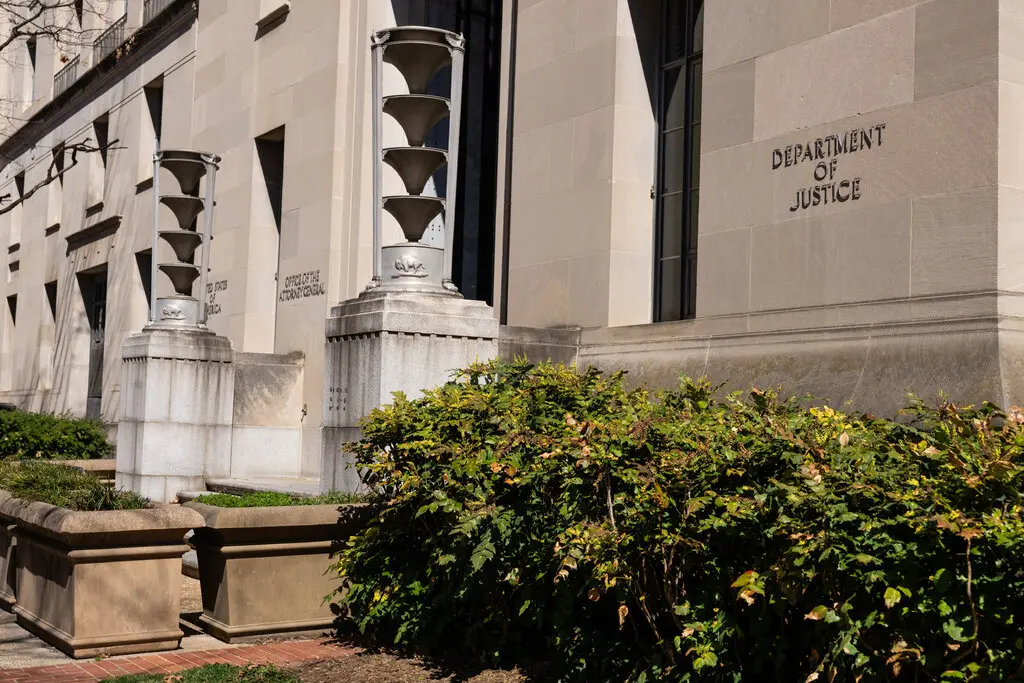The Trump administration has agreed to return a Guatemalan man to the U.S. after a federal judge ruled that his deportation lacked due process. The case, involving a man known only as O.C.G., marks a significant turn in one of the most important legal battles over the administration’s aggressive deportation tactics.
O.C.G. had previously informed immigration officials that he had faced violence in Mexico and feared returning there. Despite this, U.S. authorities deported him to Mexico, where he was later sent to Guatemala. Now, under the direction of Judge Brian E. Murphy of the Massachusetts Federal District Court, the government is making arrangements to bring him back on a charter flight.
Judge Murphy ruled that O.C.G. was likely to prove his deportation violated due process. The court order came last week, and the Department of Justice has since confirmed it is complying. The decision reflects a rare shift in tone from the Trump administration, which has otherwise defended even controversial deportations, such as that of Kilmar Armando Abrego Garcia to El Salvador—despite a court order preventing it.
Tricia McLaughlin, a spokeswoman for the Department of Homeland Security (DHS), criticized the ruling, saying the court was misusing the asylum system. “This federal activist judge is ordering us to bring him back so he can prove why he should be granted asylum in a country he has no past connection to,” she said.
O.C.G.’s story is deeply troubling. He was reportedly kidnapped and raped while traveling through Mexico in 2024. After being told by an immigration judge he would not be deported without further hearings, he was sent to Mexico anyway. There, Mexican officials gave him a harsh choice: months in detention or voluntary return to Guatemala. He chose the latter but now lives in fear and isolation.
Speaking to the court, he said he constantly fears persecution for being gay. “I can’t be gay here, which means I cannot be myself,” he explained. His legal team confirmed he remains in hiding while awaiting transport back to the U.S.
Matt Adams, legal director at the Northwest Immigrant Rights Project, which represents O.C.G., praised the court’s intervention. “Time is of the essence as O.C.G. remains in hiding until he can be flown out,” Adams said.
The case is part of a broader lawsuit challenging so-called “third-country” deportations, where migrants are expelled not to their home nations but to other countries where they lack legal protections. The Trump administration has increasingly turned to this tactic, even negotiating deportations to dangerous places like Libya and South Sudan.
As part of the same legal case, Judge Murphy is also overseeing the fate of six men currently detained at a U.S. military base in Djibouti. They were given less than 24 hours’ notice before deportation to South Sudan, despite a previous order requiring 15 days’ notice. Judge Murphy has since ordered the government to keep the men in custody so they can legally challenge their deportation. All six have been convicted of violent crimes in U.S. courts.
Their detention conditions remain unknown. According to attorney Trina Realmuto, the men have not been allowed to call their lawyers, despite the judge’s explicit instruction. The government has asked the Supreme Court to pause Judge Murphy’s order to allow the deportation, but the Court has not yet ruled and gave the defense until June 4 to respond.
This evolving legal battle highlights the ongoing tension between judicial oversight and the Trump administration’s hardline immigration stance. The outcome of O.C.G.’s return and the broader third-country deportation lawsuit may shape future immigration policy and the rights of asylum seekers in the U.S.

